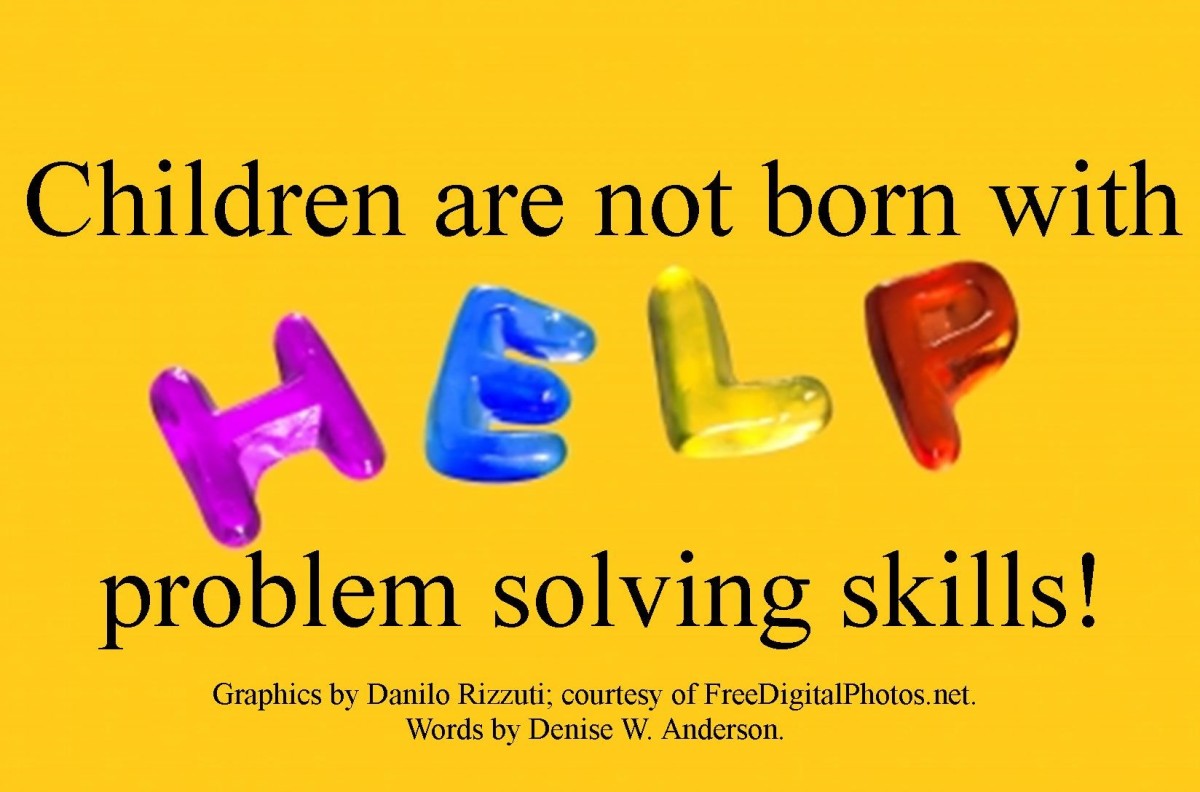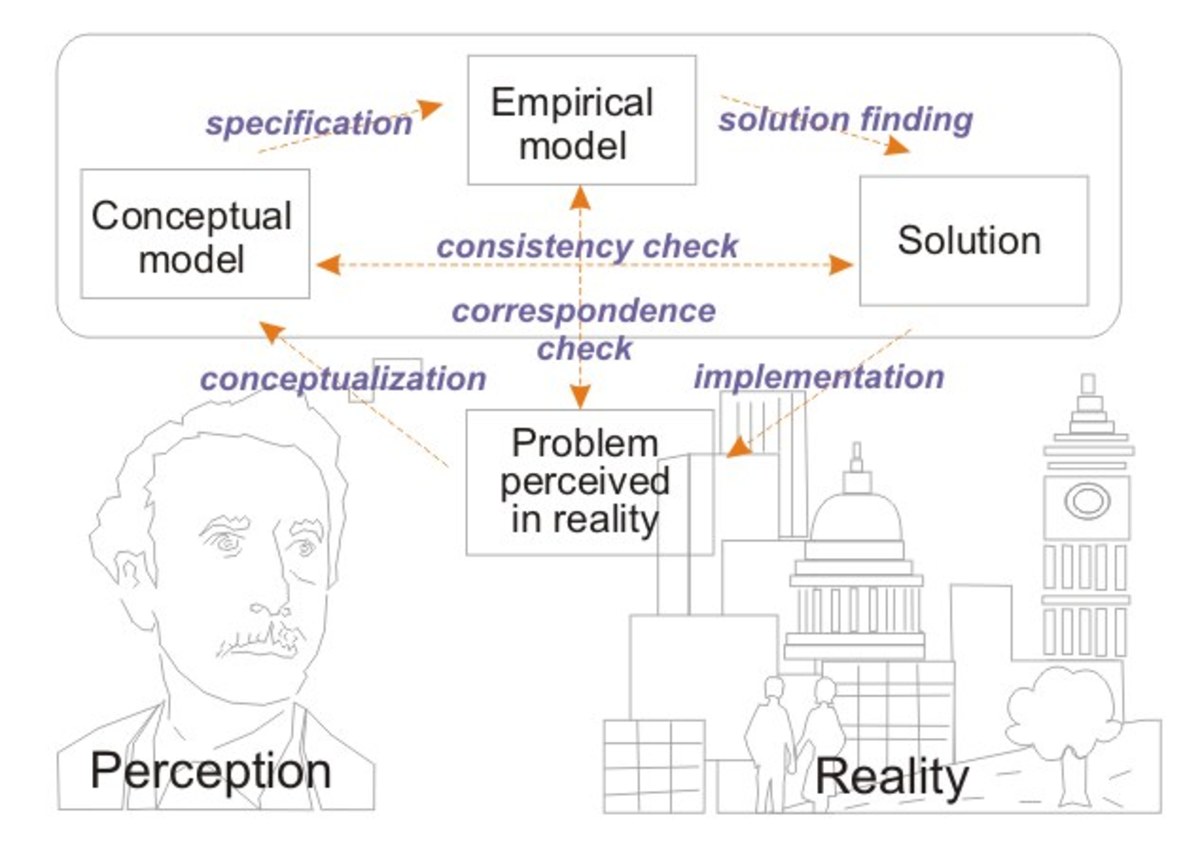How psychology can help you become a more successful learner and problem solver through effective metacognition skill

How to become a more successful learner and problem solver through effective metacognition skill
Contents:
Introduction
Meta cognition and its benefits
Learning and problem solving
Applying metacognition
Metacognition techniques applied to learning
Conclusions
Introduction
Both learning and problem solving requires thinking on part of the learner as well as change. This is because as a learner you change your behaviour in terms of your knowledge base about the content or context in question; and as a problem solver you apply your mental and physical energies to move from the problem to the solution. Both of these illustrations appear simplistic, but nonetheless they consist of paradigm shifts in terms of our thinking and process to arrive to our new positions. They make use of our “intellectual repository pool” which I choose to call intelligence as well as our thinking skills which does influence our experiences.
In this article I will describe the meaning of metacognition and seek to explore how to apply this skill to making us more effective learner and problem solver as well highlighting the benefits.
Metacognition
Metacognition is the way psychologists describe our awareness of how we might tackle a problem or thinking retrospectively how we reached our solution. Simply put, it is “thinking about thinking”. Therefore if cognition is about thinking, what happen when you apply the mind to a new issue; metacognition is the act of assessing what you are thinking and doing in the course of this process.
We apply this technique every time we explore a new idea or concept, for example, preparing a new recipe or exploring a new territory. Hence, it is associated with learning and problem solving. Metacognition enables us to be more effective thinkers and helps us to have a more objective view.
Learning and problem solving
There seems to be a corollary between these concepts – learning and problem solving. Both involve investment in time, energy, resources (in one form or the other) creativity, innovation and sometime a result (creative of something of value). They both require the use of our intelligence and thinking to act on our experiences so as to achieve a desired outcome. Both experiences changes, challenges and focuses us to commit our brainpower to empower, act and discover new opportunities; in order words to see problems as opportunities.
Application of skills of metacognition will enable us to be better learners as wells as effective problem solvers.
Applying metacognition
For one to apply metacognition you need to understand two element of metacongition:
Knowledge of yourself (including factors that may distort thinking) and
Control of the process – this includes how to plan, carry out and evaluate your course of action
In applying metacognition to any situation you need to first of all identify the nature of the challenge. You can use a “fishbone” strategy as a helpful tool to work out the causes of a problem. Here you create a diagram for an imaginary fish, where the head of the fish represents the problem or challenge. Then from the head draw a horizontal line from the head to the tail with diagonal “bones” branching off to represent the main aspects. Label each line. For each aspect, consider possible causes and write these as smaller “bones”.
Fig.1 A Fish Problem
Define your problem
Identify the main aspects
How many areas does the problem affect?
When does it occur – all the time or only at specific times?
Why is this specific factor a cause?
The next stage is to follow the process outline below. Work through the questions for each stage to gain more control over your tasks.
Planning
What existing skill, aptitude, knowledge and experience can I apply to this task?
How much time do I need for it?
What materials or resources do I need?
What tasks need to be done, and when?
What should I do first?
Monitoring
Am I on the right track or do I need to alter my approach?
Do I need to go faster or slower?
Has the situation itself changed since I started?
What do I need to do if I encounter any problem?
Evaluation
How did I do?- as well as I expected, better or worse?
Which of the things I did were successful / helpful?
How can I apply what I have learned to future situations?
Metacognition techniques applied to learning
We can use the skill of metacognition to help us navigate questions on intelligent test and when learning or reading new materials.
During intelligent tests one can employ metacognition skills to know the skill needed to answer each question, example, logic, pattern recognition and so on. It further enhances the frame of mind you use to tackle each question, applying the principles of Sudoku puzzle to tackle a logic-based question.
In the case of learning or reading new material, the following metacognition techniques; through set of questions used to navigate and watch your progress. These questions are:
“Do I understand this?”; “How can I share this to a friend in simple terms during a conversation?” Appreciation of how you perceive and process information and hence your disposition to different learning styles, will help you to plan your study along these attributes.
Conclusions
In this article metacognition was describes and the benefits in making us become more effective learners were highlighted. The use of metacognition skills in creative problem solving was explored. Metacognition skills and techniques are used to tackle question during intelligence test, and as a tool to create structure for effective learning and reading new materials.
On the whole mastery of this skill depends on how successful we become as learner
© 2010 Benjamin S C Ugoji
http://hubpages.com/_15m5zmr46om3g/hub/Increaese-your-awareness-and-problem-solving-skills-through-efficient-metacognition-skills








